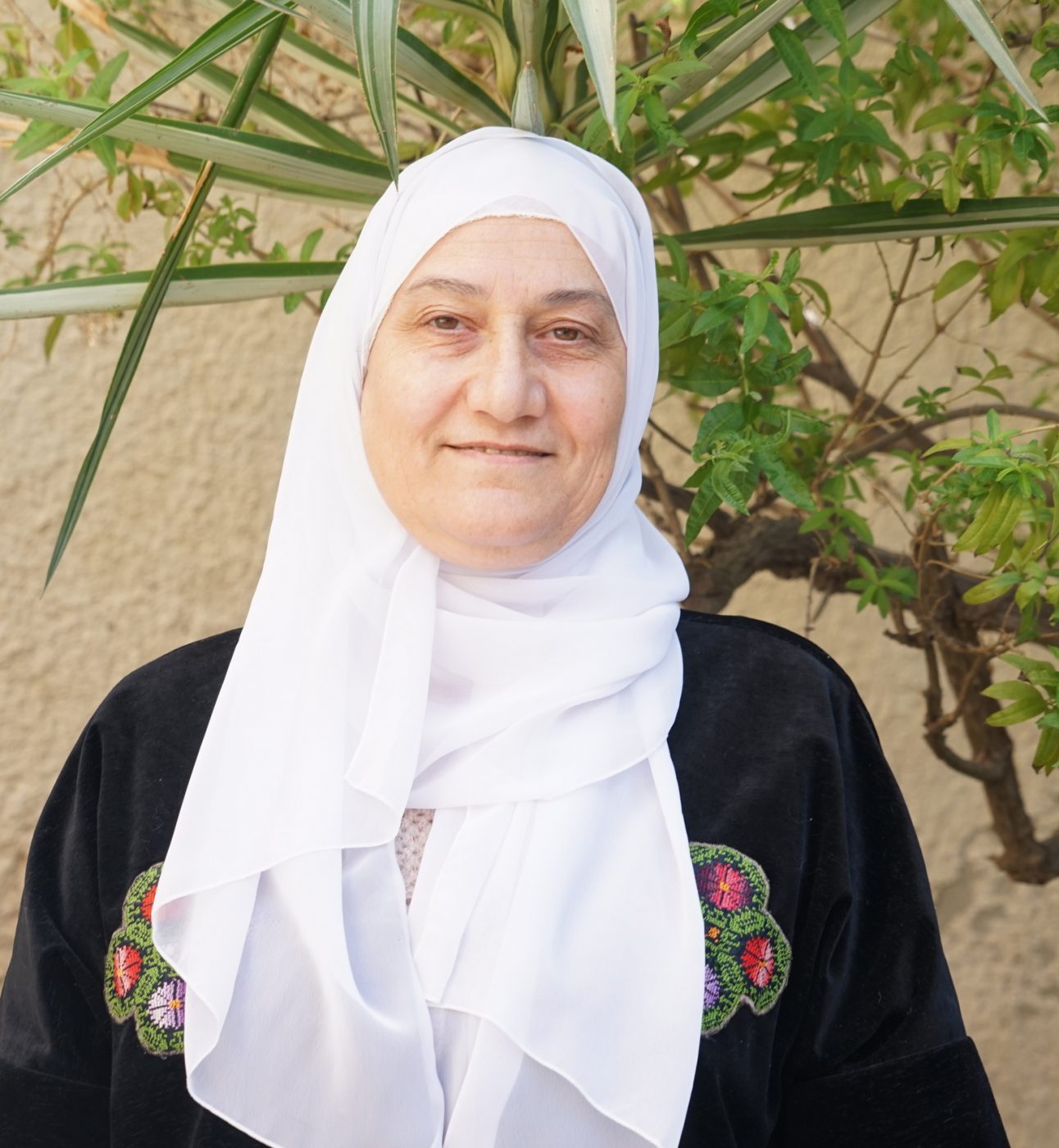
Understanding ageing in the Arab region
A practical guide to developing and using country profiles on the rights and wellbeing of older persons in the Arab region, based on HelpAge and UNFPA’s experience across 18 countries

A practical guide to developing and using country profiles on the rights and wellbeing of older persons in the Arab region, based on HelpAge and UNFPA’s experience across 18 countries
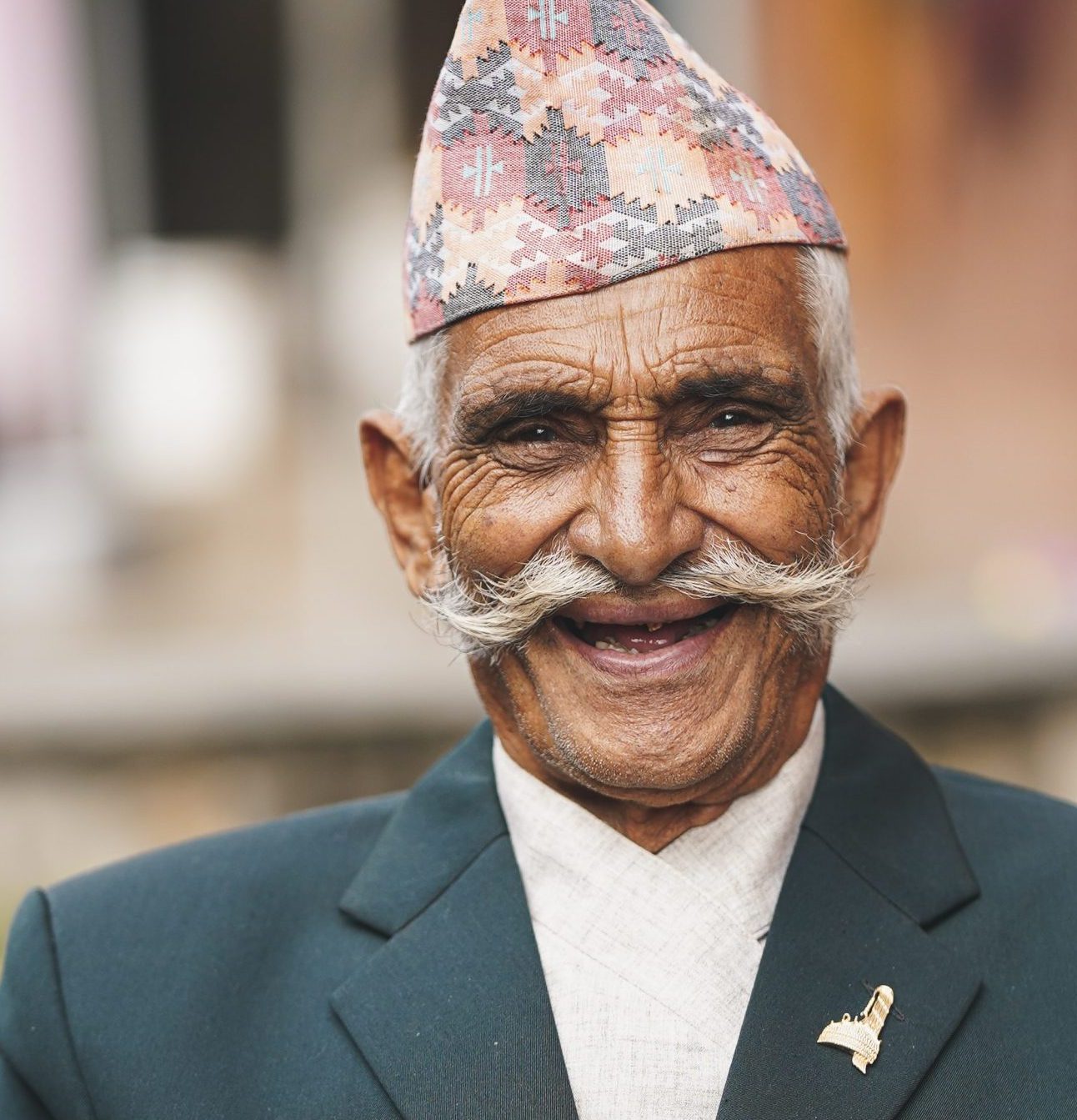
Six distinguished leaders in ageing, development, and human rights have joined the Board of HelpAge International.
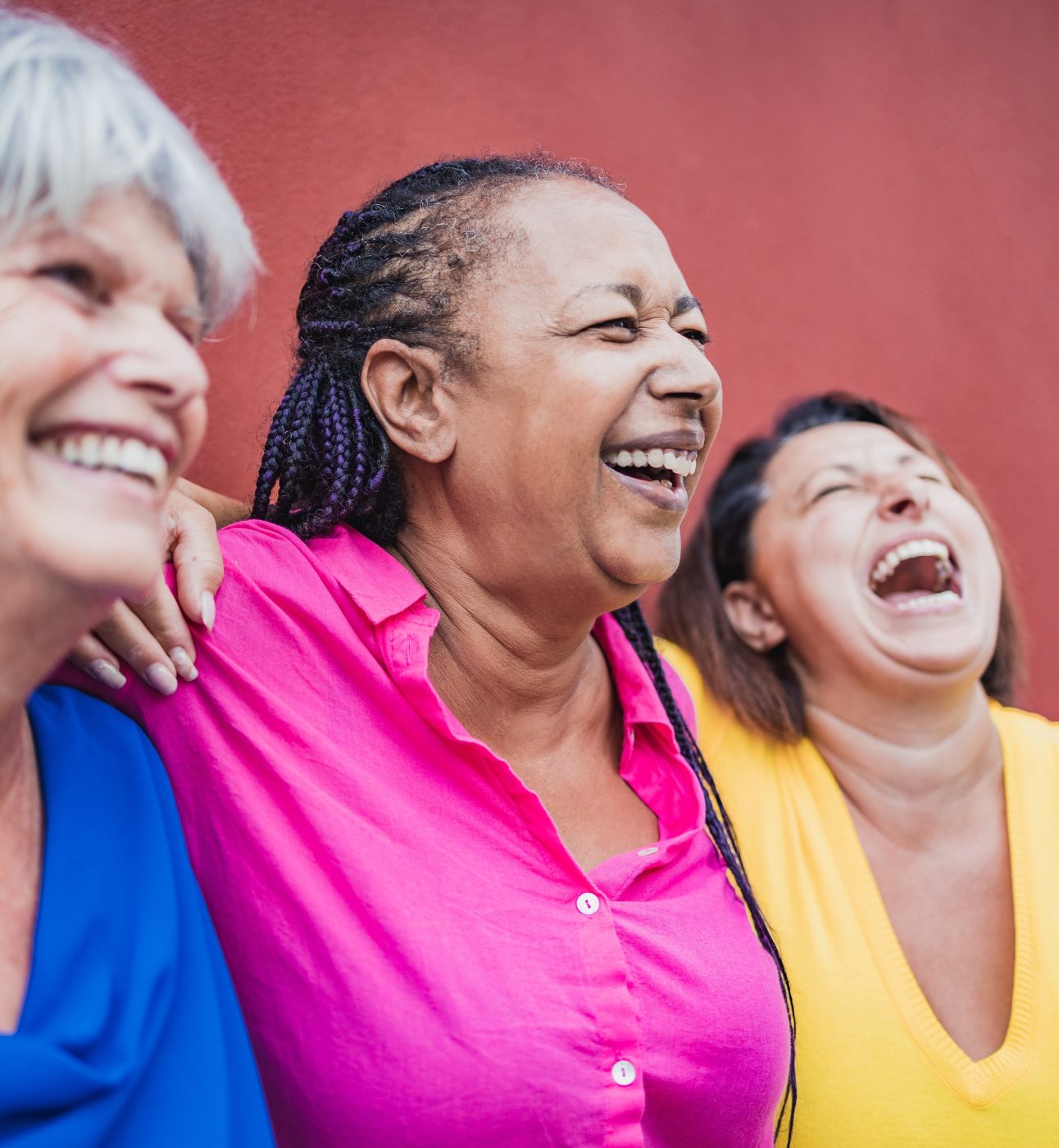
Explore HelpAge International’s three courses on age and disability inclusion, now available on Kaya.
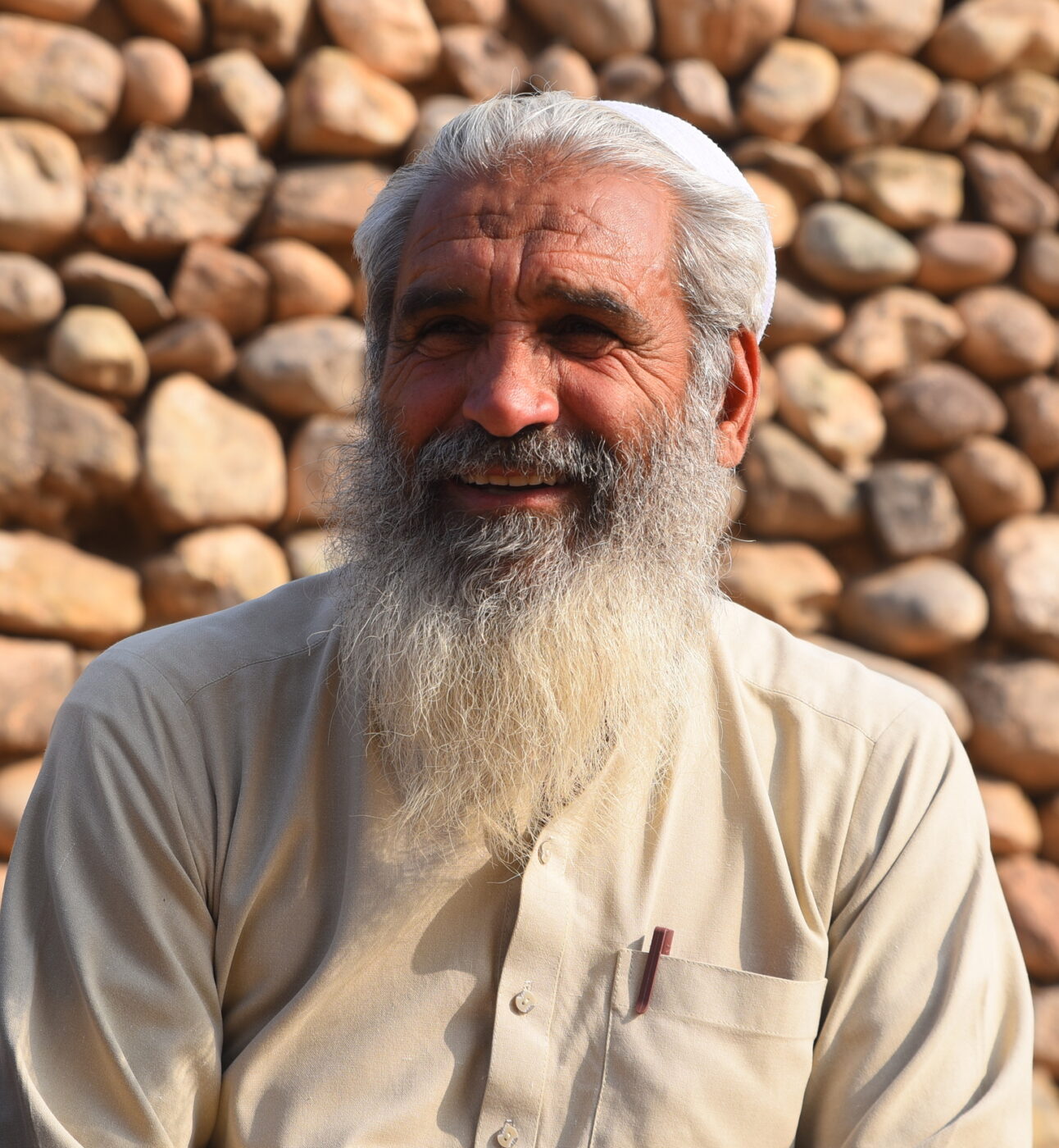
Older people and persons with disabilities led a community-driven effort to rebuild lives and promote inclusion in Pakistan’s conflict-affected Khyber District.
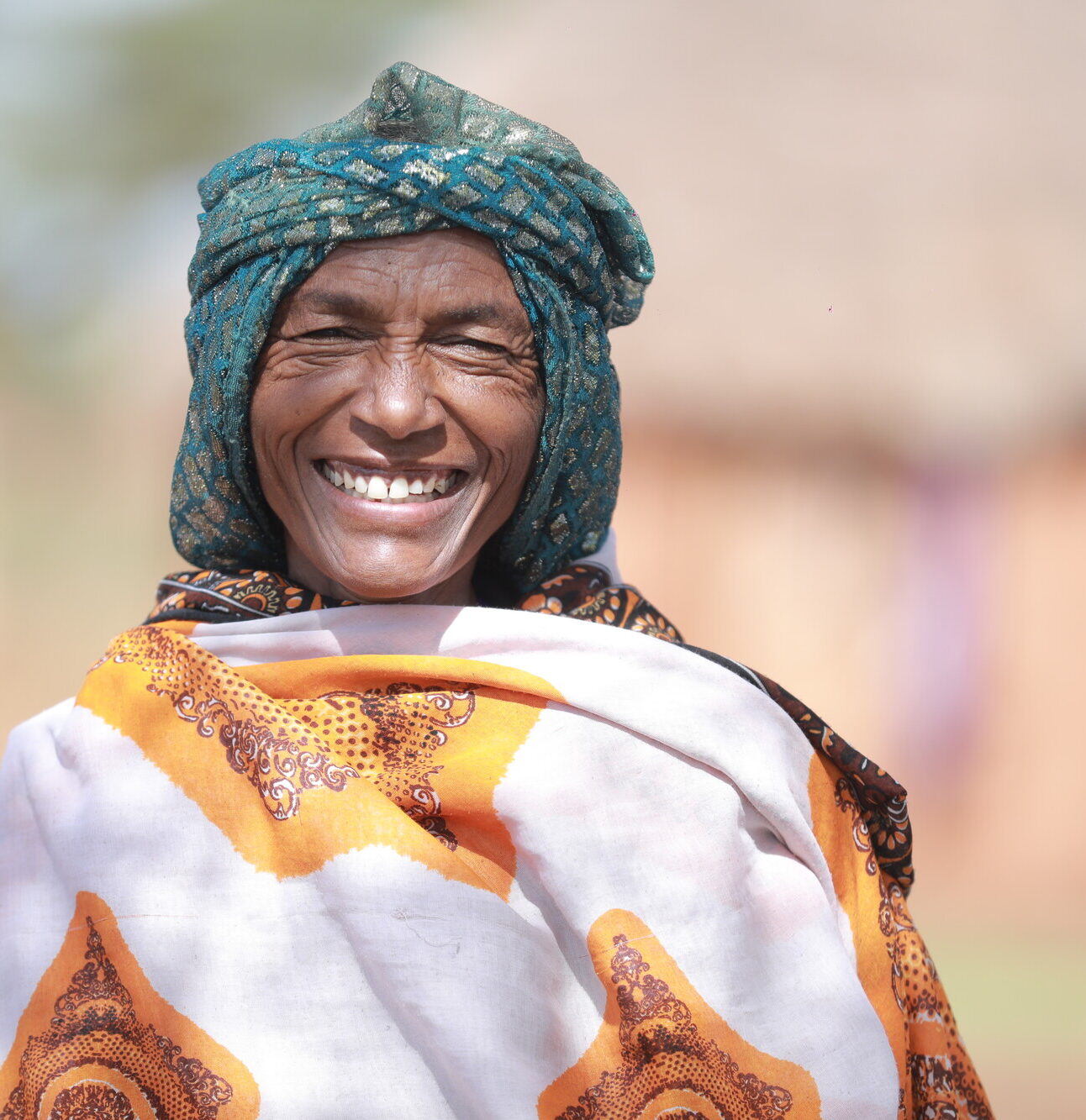
HelpAge is boosting incomes and climate resilience in Ethiopia through beekeeping and aloe vera soap-making projects.
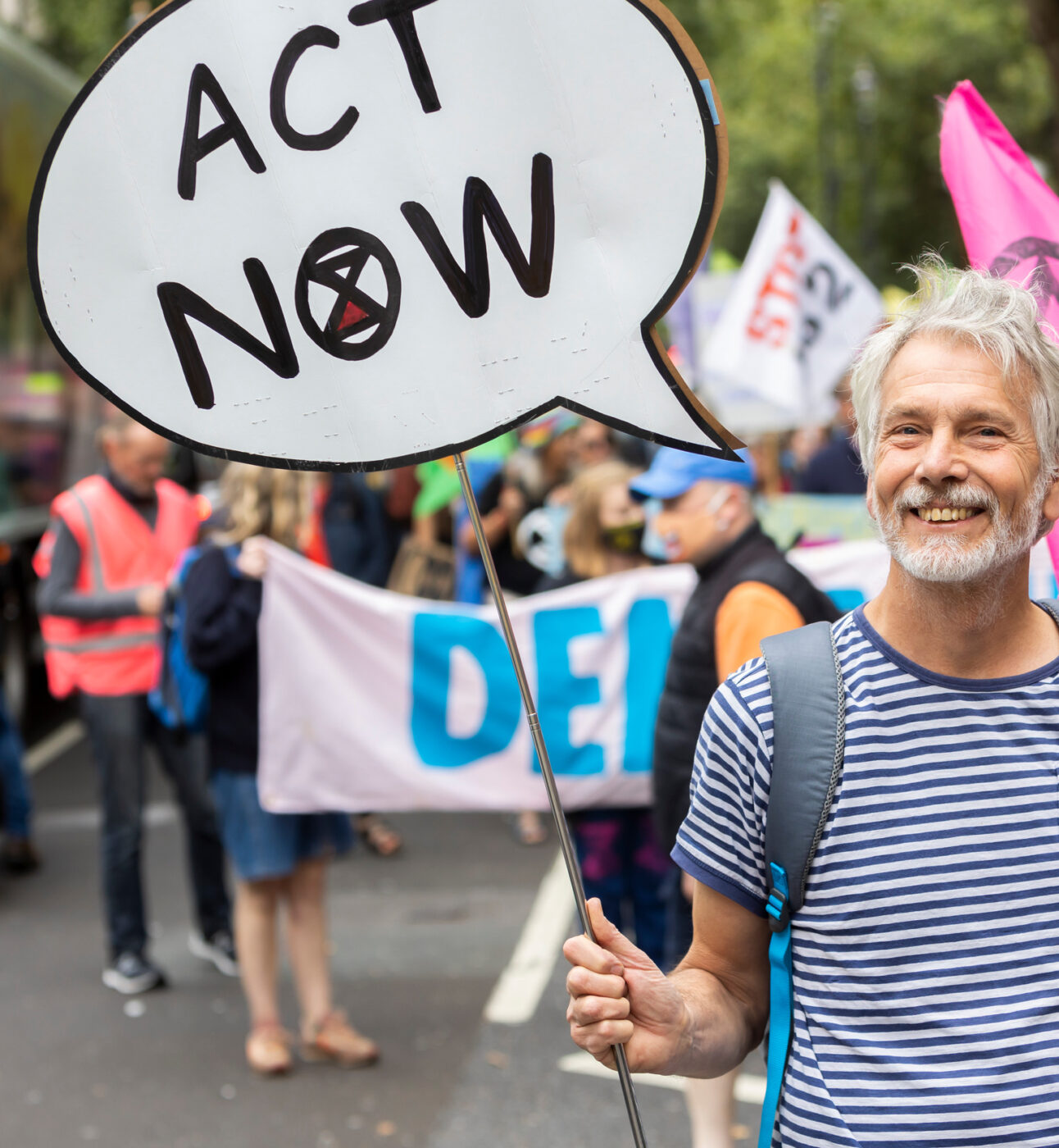
A blog by Hari Krishna Nibanupudi reflecting on how a new UN convention could put older people at the heart of climate justice.
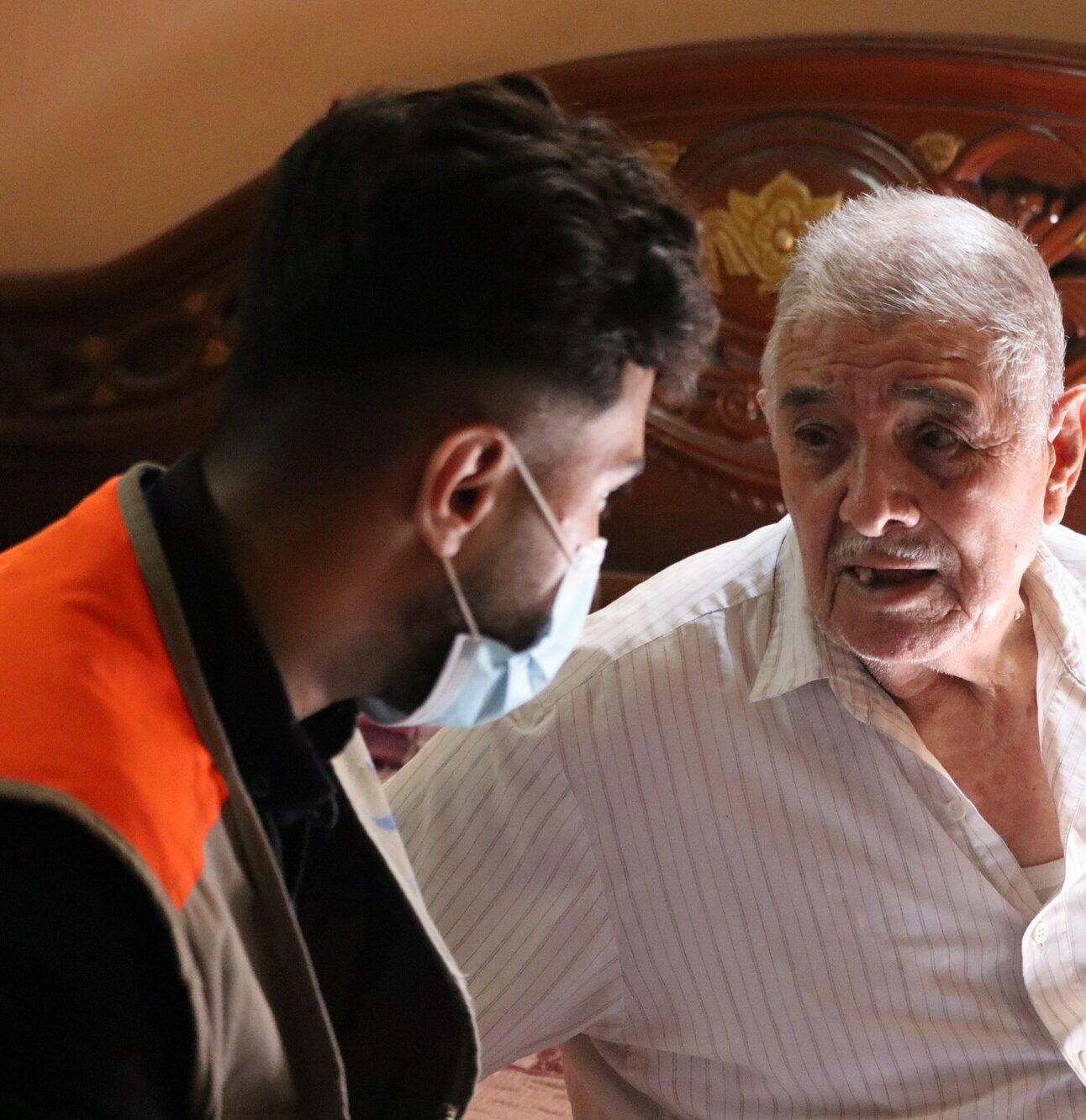
HelpAge International condemns the killing of two health workers from our partner Juzoor in Gaza. Humanitarian workers are not targets.
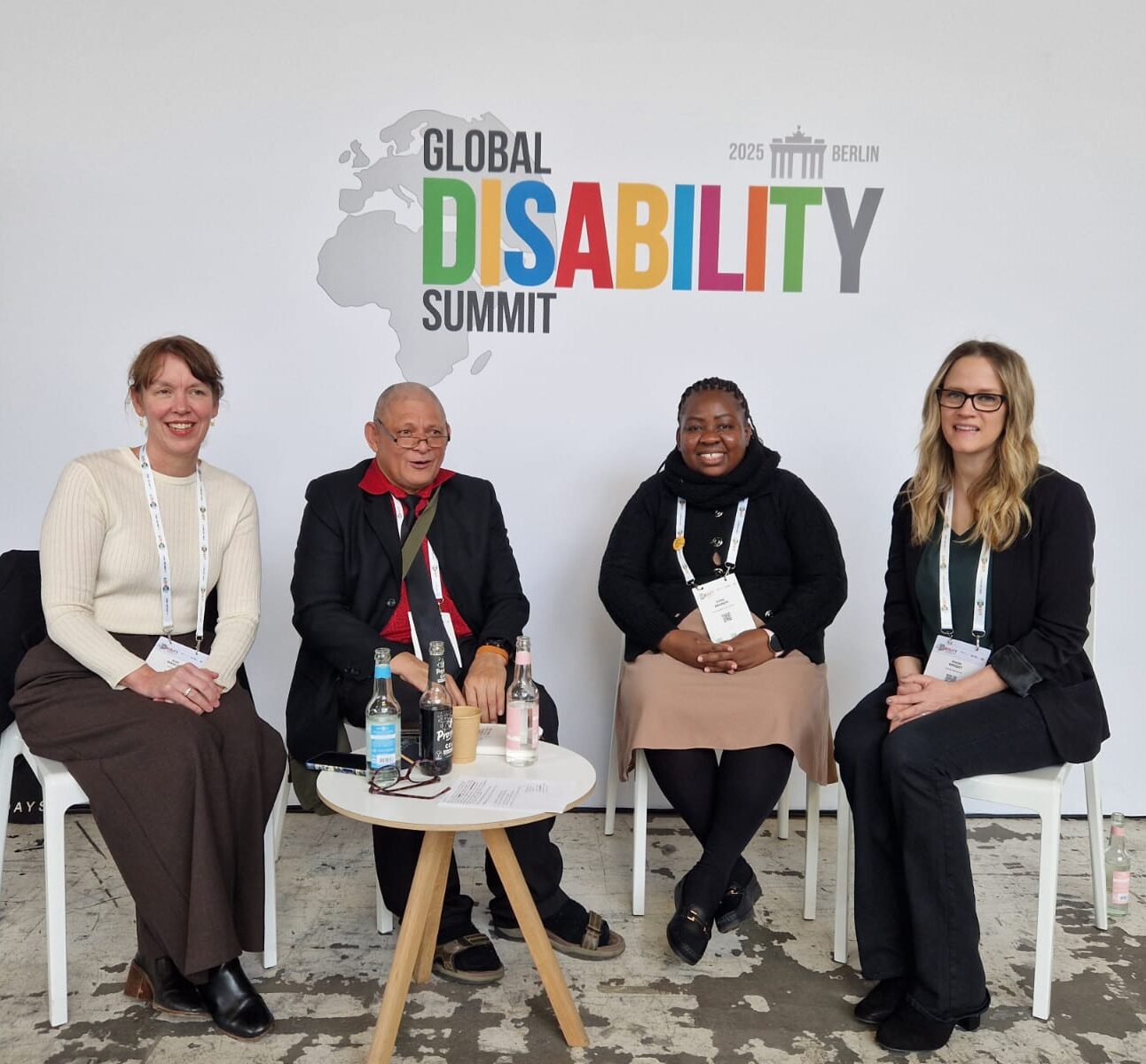
Annie Wright, inclusion adviser shares her experience at the Global Disability Summit 2025.
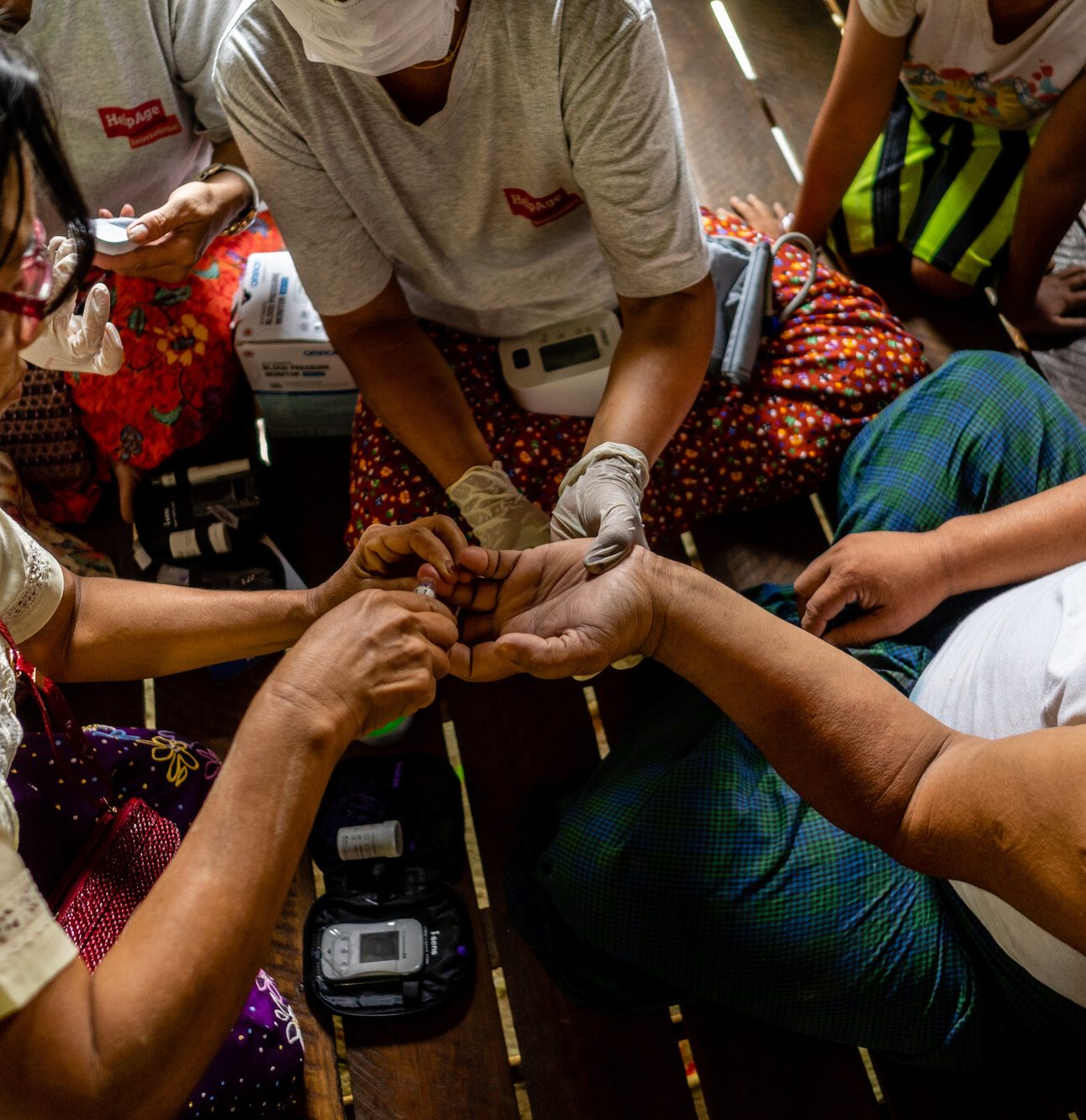
HelpAge International and our local network member AGE Myanmar are acting swiftly to ensure older people are not left behind.
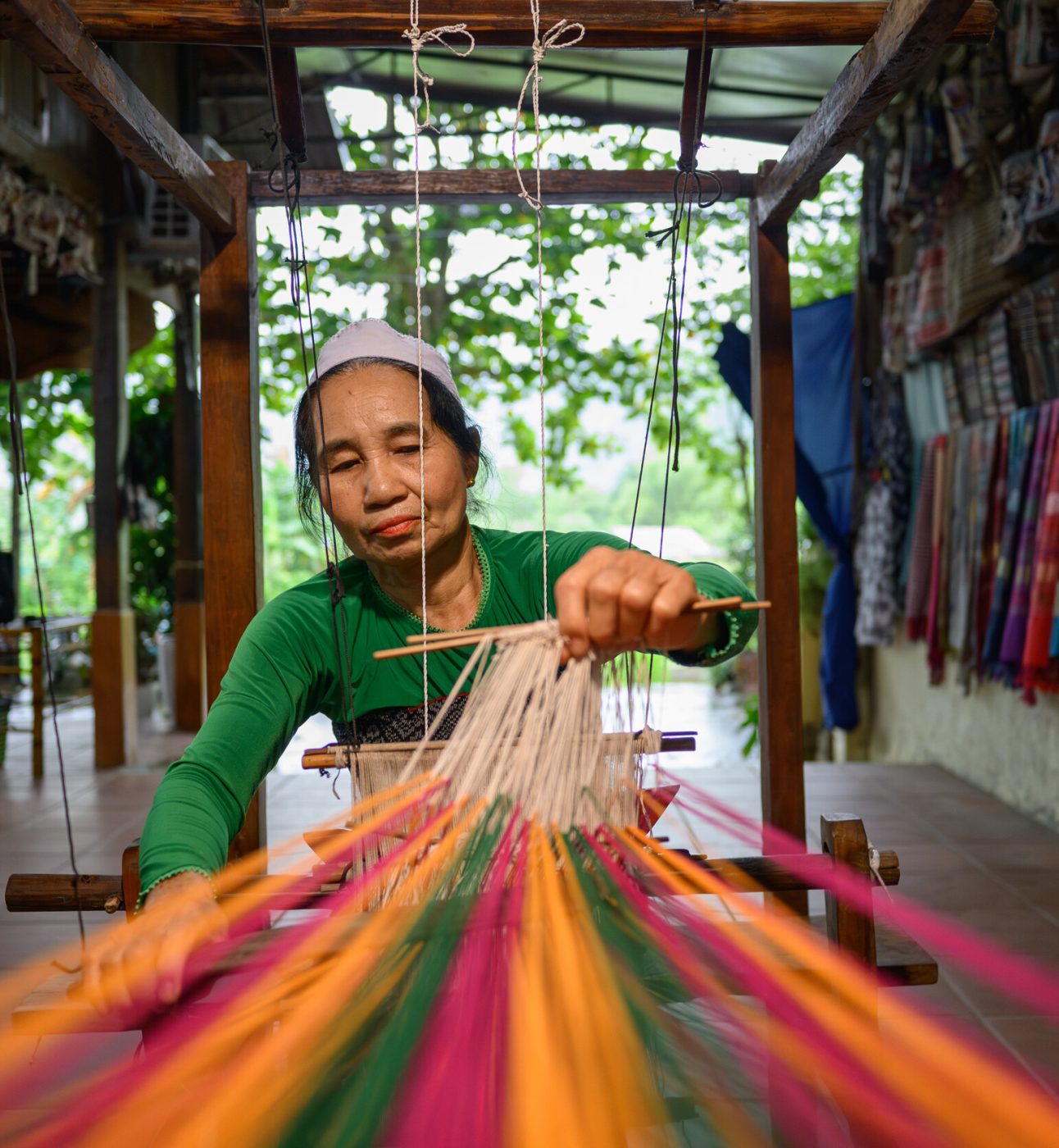
A blog piece by the gender policy adviser reflecting on CSW69 and what lies ahead for older women.
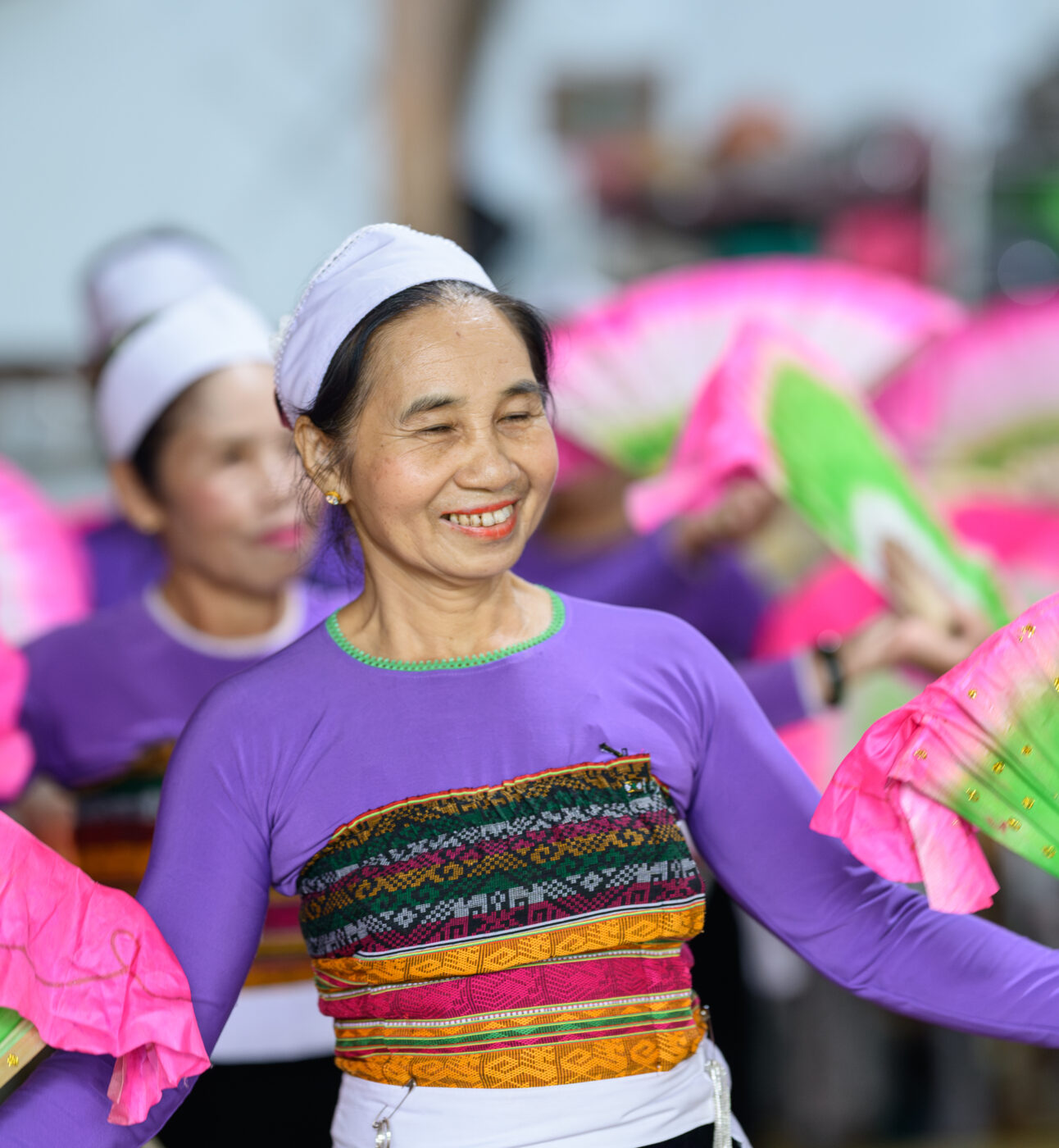
The UN has taken a historic step toward a global convention to protect the rights of older people.
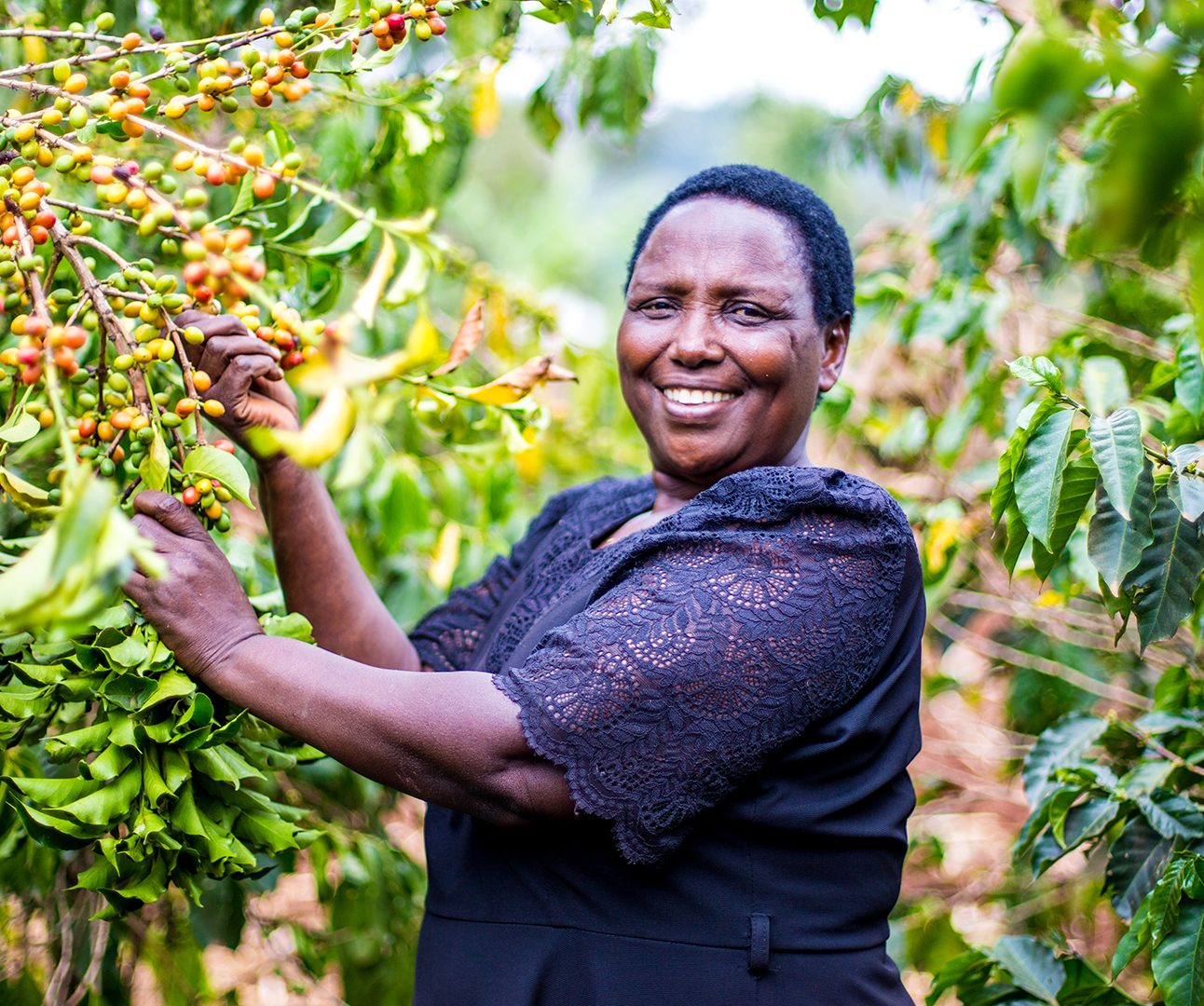
This study highlights the barriers older people encounter in accessing social protection in Kenya and provides recommendations to improve their wellbeing.